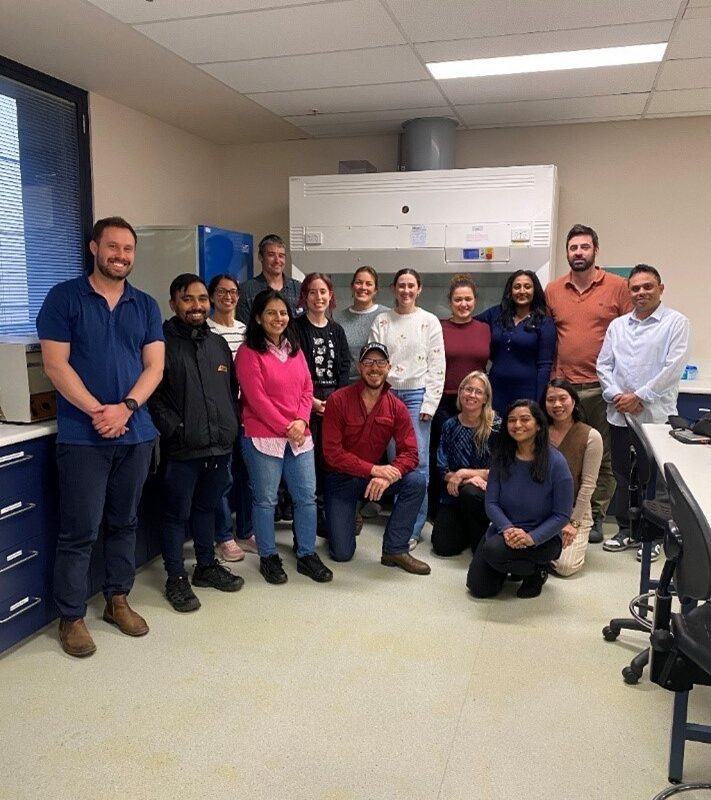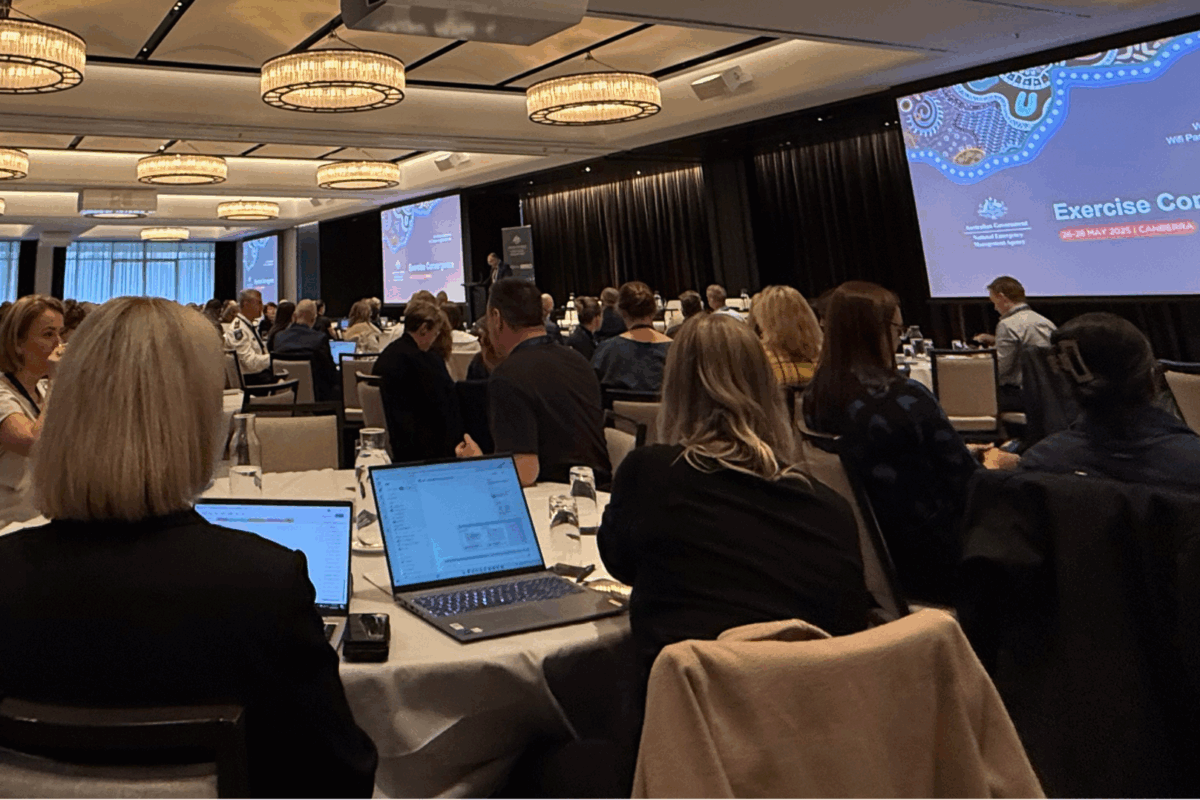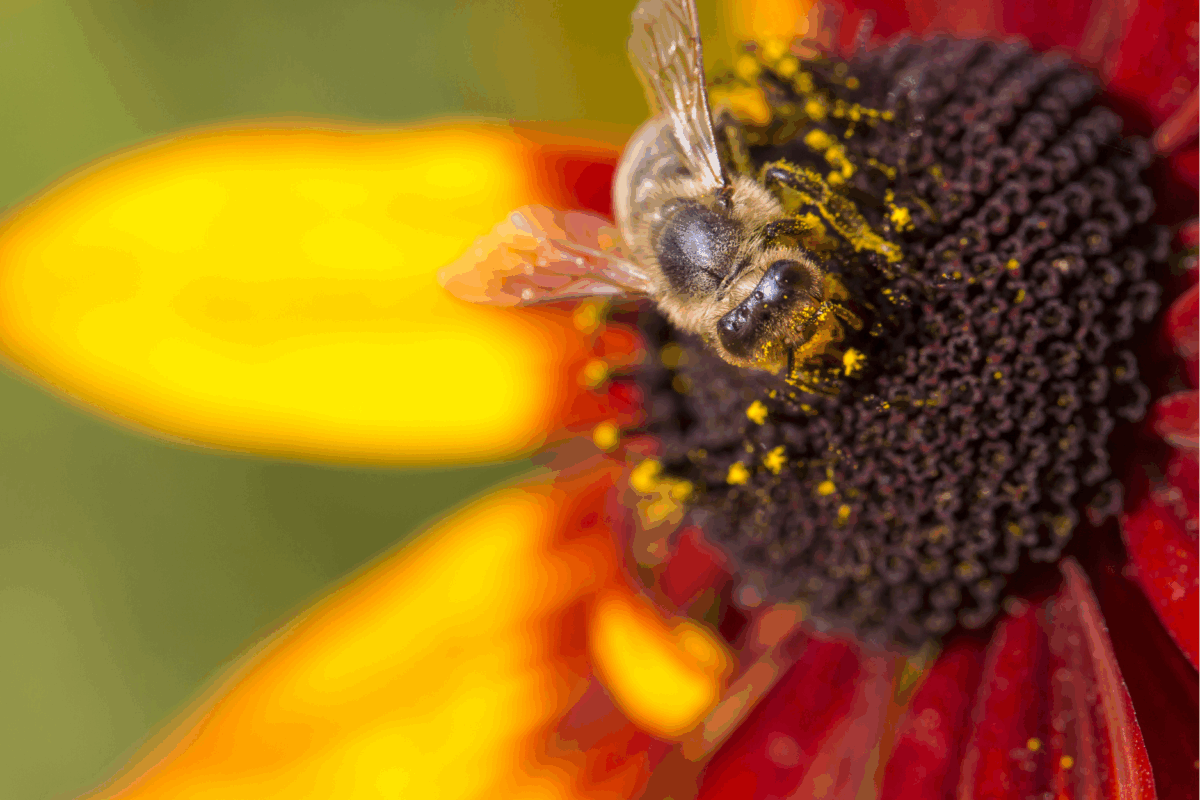Message from the CEO – July 2023
An ever-changing risk landscape requires Plant Health Australia (PHA) to explore new ways to achieve and operate with a high level of vigilance and future focus. During the first six months of the new financial year our full portfolio of work aligned to our five-year strategic plan, that supports and strengthens Australia’s biosecurity system, continues.
Producers play a key role in protecting Australia’s plant and livestock industries from pests and diseases, and PHA remains committed to helping producers reduce their on-farm biosecurity risks. The Farm Biosecurity Program, a collaboration between PHA and Animal Health Australia (AHA), recently partnered with AgForce Queensland and Biosecurity Queensland to host the On-Farm Biosecurity Summit in Brisbane. Held last week, the summit was attended by more than 60 industry and peak body representatives who came together to share learnings and knowledge to develop and improve current and future on-farm biosecurity practices. These outcomes enable the Farm Biosecurity Program to continue to develop fresh approaches and ensure on-farm biosecurity practices are top-of-mind.
This month we reflect on the first 12 months of the National Varroa mite (Varroa destructor) Response Plan. During this time, over 130,000 bee hives have been tested, over 10,000 calls for assistance have been received, and almost 100 community meetings have been hosted and attended. The National Management Group recently endorsed a revised response plan to complete eradication and achieve proof of freedom to protect the interests of the honey bee and pollination industries.
On 1 July the new biosecurity regulatory fees and charges came into effect. These fees are expected to raise an additional $35 million over the next 12 months to recover costs associated with overseas imports and are aimed at ensuring risk creators pay their share of system costs – consistent with the 2017 Intergovernmental Agreement on Biosecurity Review.
Looking ahead, the next two weeks are jam-packed with activities. This week I am attending an international workshop in Brisbane on pest risk mitigation of sea containers and their cargoes and the facilitation of international trade. This will be followed by the much-anticipated National Fruit Fly Symposium in Adelaide where delegates will discuss and build a collective view of Australia’s fruit fly opportunities and challenges.
Late last month, PHA’s Executive Management Team (EMT) held a day long retreat reviewing delivery of our strategic plan as a pre-curser to the PHA Board Strategy Workshop being held later this month. The EMT strategy session focused on PHA’s member value proposition, business model and strategic reporting metrics. The outcomes will form the basis of a two-day facilitated workshop of PHA’s Board that will include reflections of the current operating environment and strategies for the company to continue to meet member expectations. The meeting will include the annual joint meeting of the AHA and PHA Boards who will discuss the biosecurity protection levy, custodianship of the cost shared Deed agreements, the Farm Biosecurity Program, and modernising future biosecurity levies.
Applications are currently open through Rimfire Recruitment for four Non-Executive Directors to join the PHA Board. We are seeking applicants with a range of skills and experience in plant health and strategic leadership, and a passion for biosecurity and the plant sector. Applications close 31 July, and will be assessed and recommended to the Board Selection Committee with an anticipated completion of the process by September 2023.
Congratulations to Suzanne McLoughlin who has been appointed as Acting CEO of Vinehealth Australia for the next 12 months. PHA is committed to supporting your focus on helping industry to navigate the biosecurity realm in order to protect South Australian vines from pest and disease threats.
I look forward to another productive month working with you all on continuing to build biosecurity preparedness, capacity and resilience across our industries, communities and environment.






